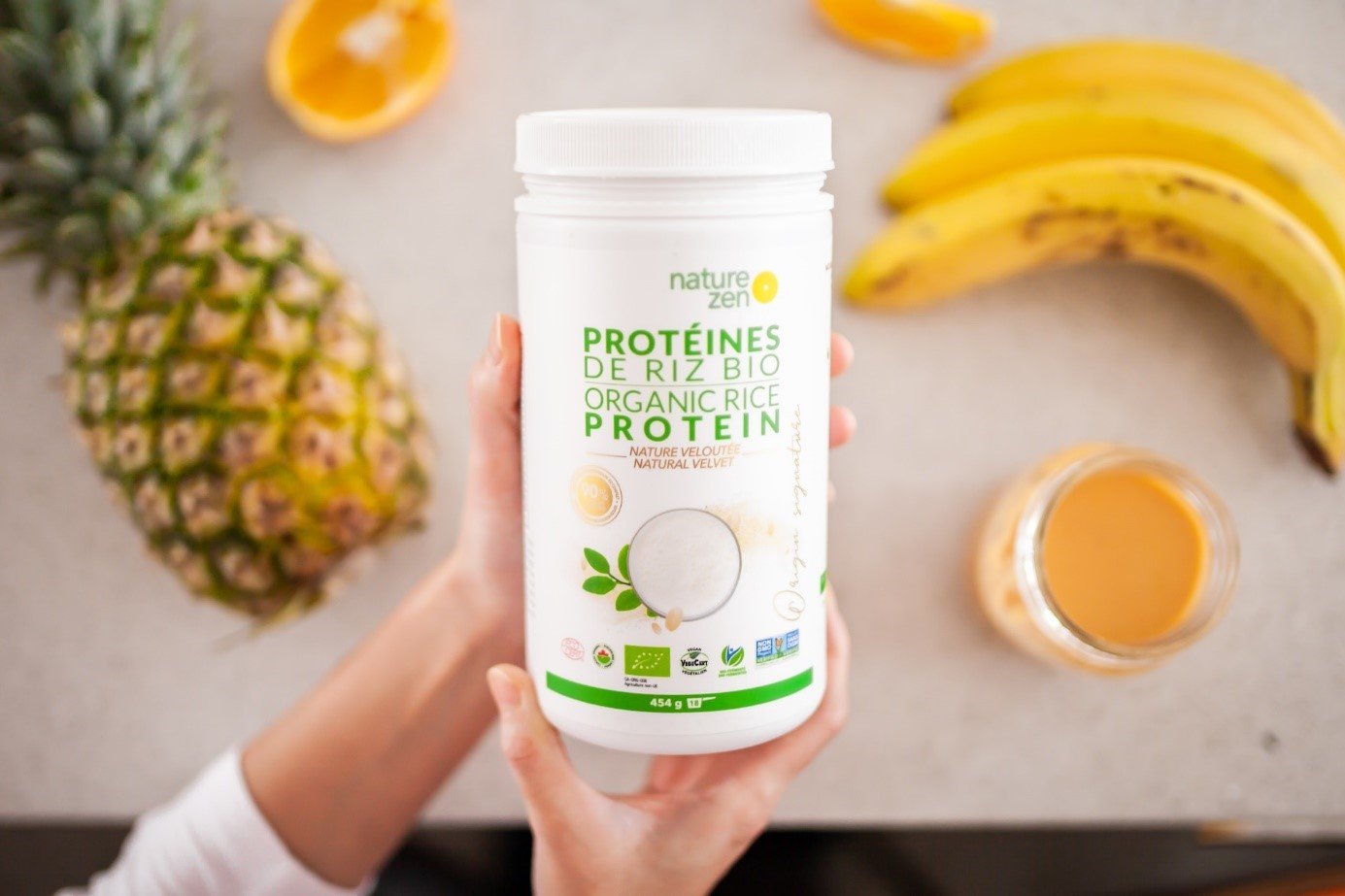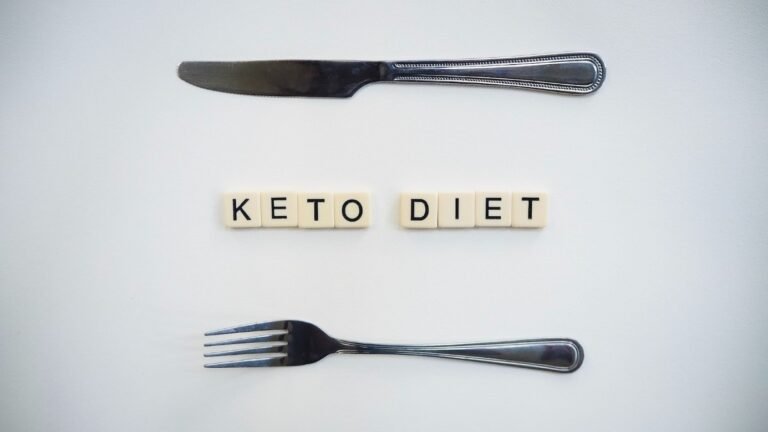Proteins: all about these essential macronutrients
Protein is a macronutrient and plays several essential roles. For iron health and energy boost, here is how to adapt your diet with proteins, according to your age. Decryption in this article.
-
Proteins, what are they?
- Proteins are the main structural components of all cells in the human body.
- Proteins are chains of amino acids that can enter into the composition:
- muscles ;
- skin ;
- nails ;
- hairs ;
- some blood.
- Proteins are also the basis of many hormones, enzymes and antibodies and are necessary for the growth, repair and defense of tissues in the human body.
- Characteristics of proteins
Proteins have many characteristics, they are:
- macronutrients essential for life;
- made up of amino acids, essential or not, which define the quality of the protein;
- in food, there are animal proteins and vegetable proteins;
- have many roles in the body (enzyme, transport, tissue structure, etc.);
- Indeed, protein needs change over the course of our lives.
Why eat protein-rich foods?
Energy role
Protein provides energy, or 4 calories per gram. Like lipids and carbohydrates, proteins are essential macronutrients for the body.
C-reactive protein, a marker of inflammation
C-reactive protein (or CRP) is a protein synthesized by the liver during inflammation.
The CRP assay is very common during a blood test, it allows you to see if the body is facing an attack.
Sources of essential amino acids
- There are more than 20 natural amino acids found in dietary proteins.
- Nine are important amino acids that the body cannot manufacture. They must therefore be obtained through food.
- The other amino acids are non-essential because the body can produce them.
-
Structural role
Proteins participate in cell renewal, particularly in muscle tissue, skin and bone tissue.
Physiological processes
Proteins play many different roles in metabolism.
Some proteins are digestive enzymes allowing the assimilation of food molecules, others form antibodies and allow the body to defend itself against external aggressions.
Finally, proteins also enter into the composition of hemoglobin and certain hormones.


20 High Protein Foods
The main sources of protein are animal products (meat, fish, eggs and dairy products).
Certain foods such as legumes, nuts and seeds, and grain products are excellent sources of plant-based protein.
Finally, some protein-rich vegetables also help cover the body’s needs.
There is not enough scientific data to support a higher ANC in physically active people.
On the other hand, since the type of exercise, its intensity, its duration and its frequency affect the use of proteins by the body, a protein intake above the ANC is often recommended for very active athletes (intense training every day ).
Here are the recommended amounts:
- Endurance athletes: 1.2 to 1.4 g/kg/day;
- Strength athletes: 1.2 to 1.7 g/kg/day;
- Healthy adults can safely consume up to 25% of their total calories as protein.
In France, individuals consume on average about 17% of their calories in the form of protein.
Protein complementarity
Animal proteins (meat, dairy products, eggs) are complete proteins, i.e. they contain all the amino acids essential for growth and maintaining the integrity of the body.
Vegetable proteins, on the other hand, do not contain all the amino acids in sufficient quantity to make them complete proteins. However, soy is an exception to this rule and contains all the essential amino acids.
In order to supplement vegetable proteins, there are several options:
Combining a vegetable protein with an animal protein (for example, chili con carne);
combine legumes (beans, lentils, chickpeas) with cereal products (for example, a couscous and chickpea salad);
combine legumes and oilseeds (for example, a salad of lentils and almonds).
It has long been believed that these associations should be made within the same meal to ensure complementarity.
Recently, it has been shown that if complementary foods are consumed within a 24 hour period, the benefits of complete protein are present.
However. However, pregnant women must make these food combinations within the same meal.
protein diet
- There are many protein diets and their indications are multiple.
- Increasing the protein intake can be particularly recommended to fight against undernutrition or against malabsorption phenomena.
- Similarly, for athletes, it may be recommended to consume protein around bodybuilding sessions to promote the development of muscle mass.
- This supplementation can be done naturally through food or with the help of protein powders and other specialized supplements.
- There are also protein diets for weight loss. However, they have never yet proven their worth in the long term.
- Whatever your situation and before increasing your protein intake, it is recommended to consult a nutrition professional. Indeed, this is not without consequences.
- Adverse Effects of Proteins
- Consequences of a protein deficiency
- An adequate amount of protein each day must be present in order to prevent malnutrition.







